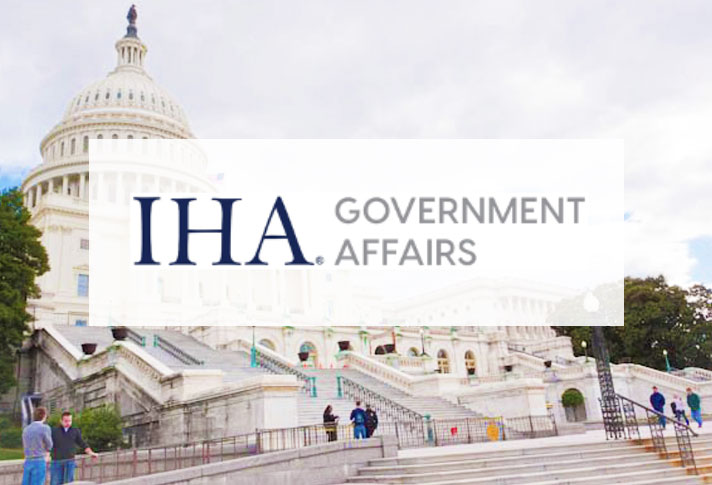The U.S. Trade Representative (USTR) is required by statute to conduct a “necessity review” of Section 301 tariffs, which in this case concern tariffs placed on some $300-$350 billion of products from China (Lists 1, 2, 3 and 4a). Former President Donald Trump started imposing the duties in 2018 under Sec. 301 of the Trade Act of 1974, which automatically expire after four years unless USTR determines otherwise. USTR is using a two-step process for the necessity review, starting last July with a request for feedback from domestic stakeholders who support the tariffs and getting numerous comments for them to continue. This prompted USTR to extend the tariffs indefinitely during the review process.
In October, USTR announced the next steps in its review, with this phase allowing stakeholders opposed to the tariffs to submit comments through a portal. USTR’s notice and the areas of interest for comments can be viewed here, and USTR will also post questions to be addressed by commentors.
USTR released a “Preview of Questions for Four-Year Review Docket” for the portal that opened on Nov. 15 and comments are due to USTR by Jan. 17, 2023. The stakeholder questionnaire is a 14-page form that’s broken down into three sections:
- Section A seeks information related to the economy-wide impact of the 301 tariffs. The section contains questions designed to elicit information on the general effectiveness of the tariffs in eliminating, changing or “counteracting” China’s discriminatory practices.
- Section B seeks information related to industry/sector specific impacts, as defined by North American Industry Classification System (NAICS) codes. USTR is again seeking information about the “effectiveness” of the tariffs related to specific sectors and seeking information about the tariff impact related to production levels, investments, employment, wages and supply chain resiliency.
- Section C seeks comments on specific Harmonized Tariff Schedule of the United States (HTSUS) tariff subheadings covered by the action and whether those tariffs should be maintained, eliminated or modified. It also seeks comments on whether new HTS codes should be added to the list.
The Federal Maritime Commission (FMC) has been busy, too, implementing the Ocean Shipping Reform Act. The FMC now has a Notice of Proposed Rulemaking (NPRM) on Demurrage and Detention Billing Requirements and the NPRM can be viewed here https://www.regulations.gov/document/FMC-2022-0066-0090.
If the FMC’s proposed rule is adopted, vessel operating common carriers (VOCCs), non-vessel-operating common carriers (NVOCCs), and marine terminal operators (MTOs) will be required to issue bills for demurrage or detention only to parties they have a contractual relationship with; be clear about the nature of the charges; issue invoices within 30 days after the charges stop accruing; and provide 30 days to dispute the charges with information about how charges should be disputed. Comments are due Dec. 13, and the FMC is seeking feedback on four actions in the NPRM such as whether it would be appropriate to include the consignee named on the bill of lading as another party who may receive a demurrage or detention notice.



